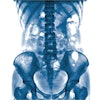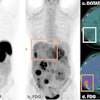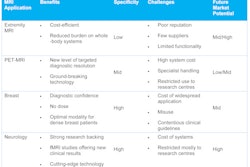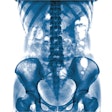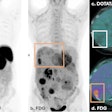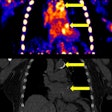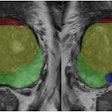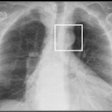A large study from the U.K.'s National Health Service (NHS) has found that breast cancer screening every three years is fine for about 70% of women -- but that the other 30% should undergo more frequent mammograms, according to a presentation at the recent European Breast Cancer Conference.
The ongoing Predicting Risk Of breast Cancer At Screening (PROCAS) study from the University of Manchester sought to identify the degree of risk in more than 50,000 women in order to better target screening and prevention. The study team used a questionnaire to collect extra information on family history and lifestyle from screening subjects, along with genetic information from saliva tests, in order to fine-tune risk predictions.
"By incorporating this process of personal risk assessment into routine screening practice we can predict and prevent more breast cancers in the future," said principal investigator Dr. Gareth Evans, from the University of Manchester in a statement accompanying the study's release.
Results from more than 50,000 women showed that 1,280 (2%) had a high risk of developing breast cancer, with 29 (2.3%) actually developing the disease over the next 10 years -- and, in fact, 267 (1.8%) developed breast cancer during a four-year follow-up period.
Researchers found that there were 14,720 women with an above-average risk of developing breast cancer over the next 10 years, and that 267 (1.8%) had developed breast cancer in the four-year period.
Among the remaining 36,748 women with average or below-average risk, only 371 (1%) developed the disease over the follow-up period, the team reported. In this group, only 45 cancers that had spread to the lymph nodes were found during follow-up. And among those at low risk, just 10 (0.3%) developed breast cancer.
Traditionally the U.K. NHS breast screening program has used only age to identify the eligible target population, but better understanding of familial risk has begun to enable better targeting of the highest-risk women. The study needs more follow-up, but it advances the concept of personalized screening, the study team concluded.
